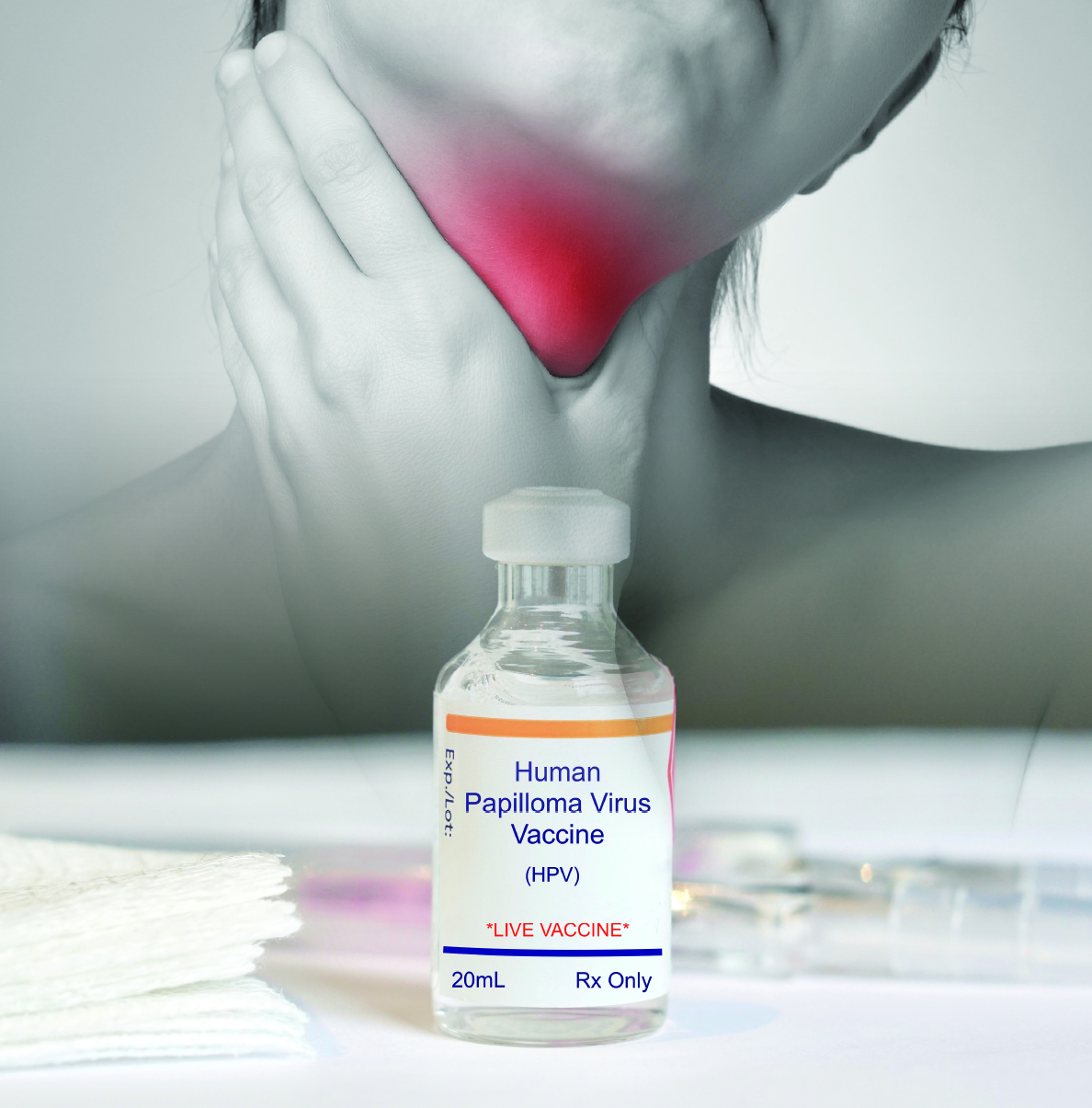|
Preventing Throat CancerRobert DeFatta, MD, PhD Approximately 54,000 Americans will be diagnosed with mouth and throat cancer this year. That’s almost 150 people a day, and only slightly greater than half will be alive in 5 years. A steady rise in throat cancer is being observed in much younger people without the traditional risk factors, like smoking and drinking. In fact, patients diagnosed with this cancer are usually between 40–55 years old. These patients have contracted the disease from exposure to the human papillomavirus (HPV), and it has been shown that HPV causes approximately 75% of all oropharyngeal cancers (tonsil, back of tongue and throat) in the United States. Human papilloma is a group of more than 150 closely related viruses. More than 40 of these viruses can be easily spread during vaginal, anal, and oral sex. There are low-risk and high-risk types, with the latter causing cervical and oropharyngeal cancers. More than half of all sexually active people will contract one or more types of this virus during their lifetime, making it the most common sexually transmitted disease in the U.S. HPV-associated head & neck cancer is estimated to become more common than cervical cancer by 2020. HPV can be transmitted to the oropharynx through oral sex or travel through the body following vaginal or anal sex. While most people clear the virus within a year or two, HPV can continue to persist in others. It usually takes years after being infected with HPV for a cancer to develop.
The earlier this cancer is found, the greater an individual’s outcome. Anyone with a history of tobacco or alcohol use, a history of oral lesions, and those with 5 or more sexual partners are at increased risk. Symptoms include hoarseness, difficulty swallowing, pain while chewing, bleeding from the mouth, a neck mass, or ear pain that doesn’t go away. Men are 6–7 times more likely to develop this type of cancer. Anyone with any of these symptoms should be screened by an Ear Nose and Throat (ENT) physician through a quick and painless exam. We are able to visualize your entire throat structures, including your vocal cords, using a very small and flexible camera. Throat cancers have been traditionally treated with either invasive surgery, chemotherapy and radiation therapy, or a combination of the above modalities. A newer approach, called transoral robot surgery (TORS), is far less invasive. This is a type of surgery that significantly decreases complications and recovery time. Quality of life data demonstrates that patients treated by TORS have more meaningful quality of life, oral function, diet, and have fewer long-term problems. This option is available to you in the Chippewa Valley by TORS-certified surgeons at DeFatta ENT & Allergy.
Robert DeFatta, MD, PhD – DeFatta ENT & Allergy |



 The Centers for Disease Control and Prevention recommends HPV vaccination for all 11– to 12–year-olds. It also recommends HPV vaccination for everyone through 26 years old, if not vaccinated already. The vaccination prevents new HPV infections, but does not treat existing infections, which is why the vaccine works best when given before HPV exposure. The vaccines are safe and one of the best ways to prevent oropharyngeal cancer.
The Centers for Disease Control and Prevention recommends HPV vaccination for all 11– to 12–year-olds. It also recommends HPV vaccination for everyone through 26 years old, if not vaccinated already. The vaccination prevents new HPV infections, but does not treat existing infections, which is why the vaccine works best when given before HPV exposure. The vaccines are safe and one of the best ways to prevent oropharyngeal cancer.